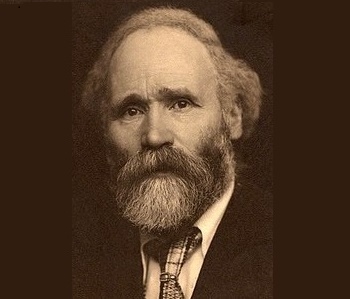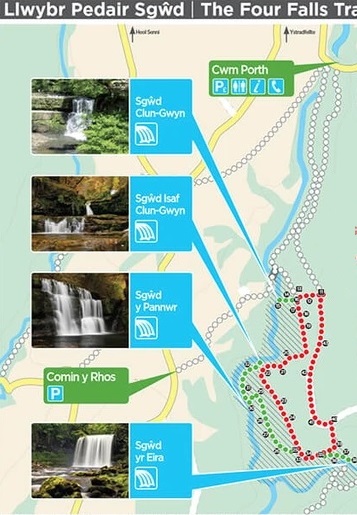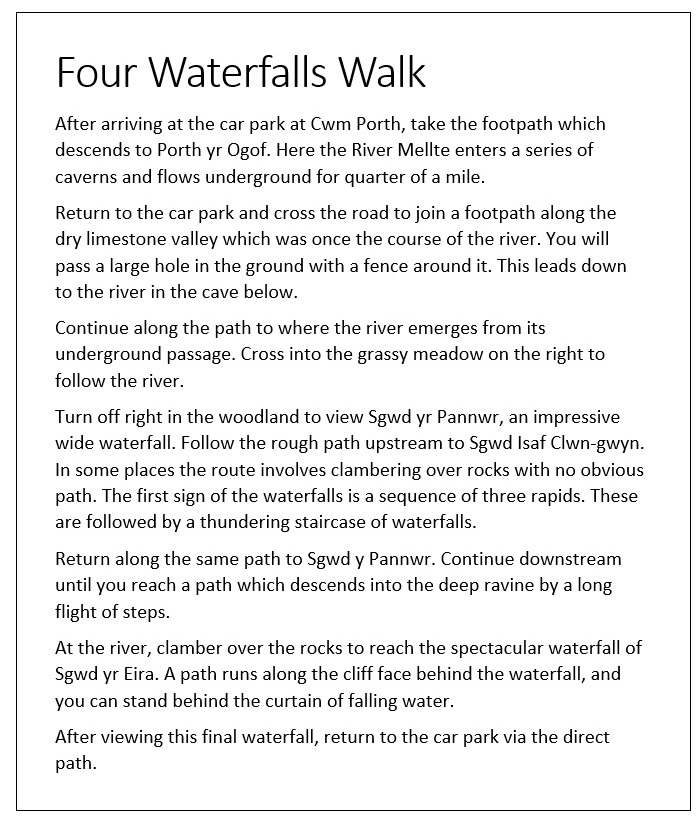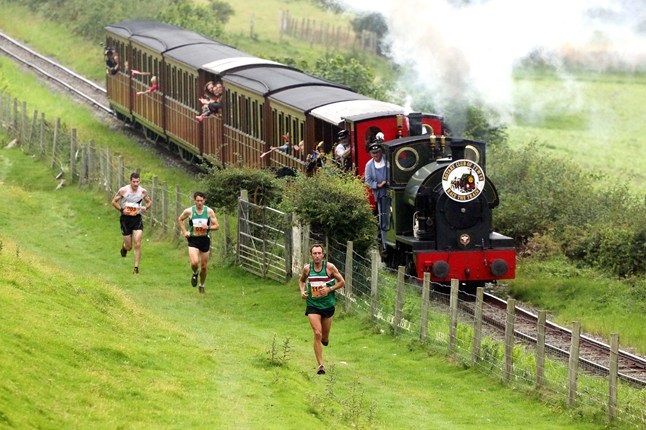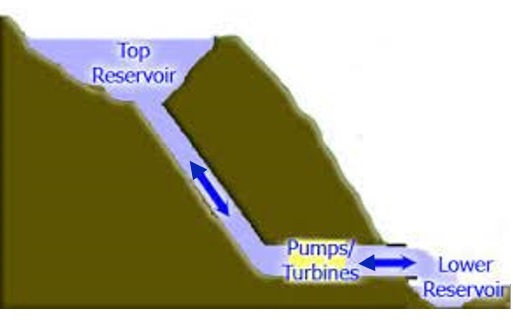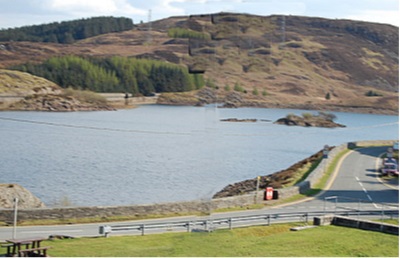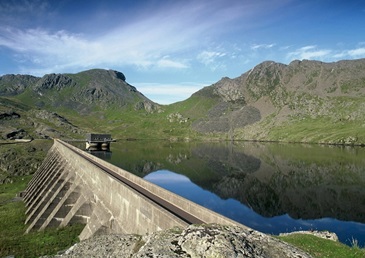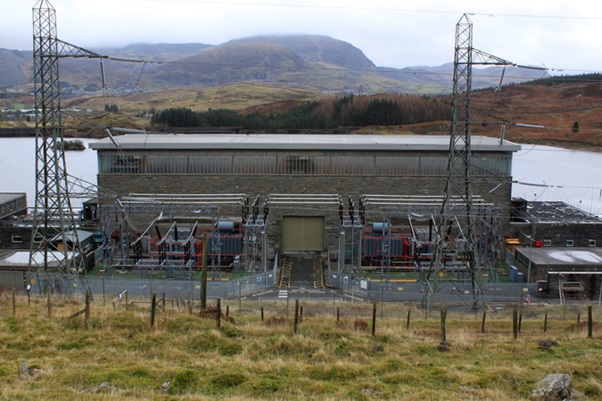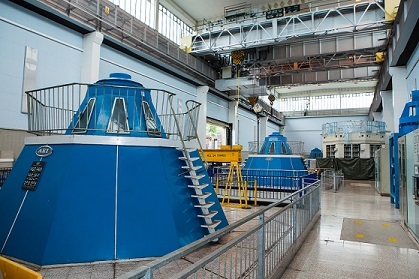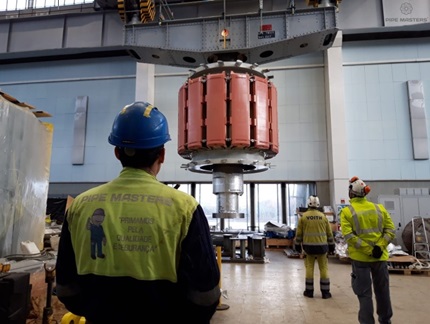Kier Hardie
James Keir Hardie is remembered as the first leader of the Labour Party.
Originally from Scotland, he had a close connection with south Wales.
He was the Member of Parliament for Merthyr Tydfil.
Keir Hardie started working as a miner when he was eleven, spending twelve hours a day down the mine.
He taught himself to read and write.
He began his career in politics by establishing a workers` union in his coal mine.
Workers were trying to improve their wages and working conditions.
In 1881 he led the first miners` strike, and was dismissed as a result.
Keir Hardie was elected Member of Parliament for West Ham in London in 1892.
He fought for women`s rights, free education, pensions, and self-rule for India.
He lost his seat at the next election, but was re-elected Member of Parliament for Merthyr Tydfil in 1900.
Keir Hardie was elected as leader of the newly formed Labour Party in the House of Commons.
By 1910, forty Labour Members had been elected to Parliament.
Hardie led a protest in the House of Commons against the cruel treatment of suffragettes at Holloway Prison.
At the start of the First World War, Keir Hardie was a fervent pacifist.
The Labour Party continued with the work of Kier Hardie, supporting the rights of workers in the coal mines, factories and other industries.
Translate the sentence:
James Keir Hardie is remembered as the first leader of the Labour Party.
Suggested translation: (a number of alternatives acceptable)
